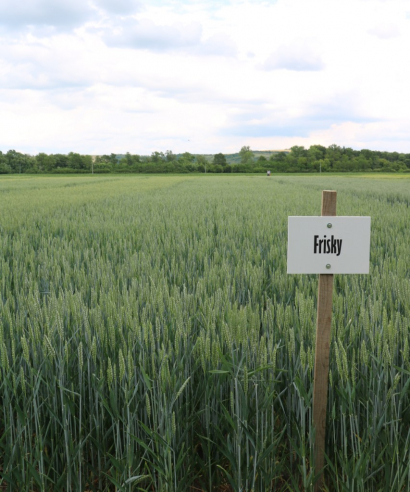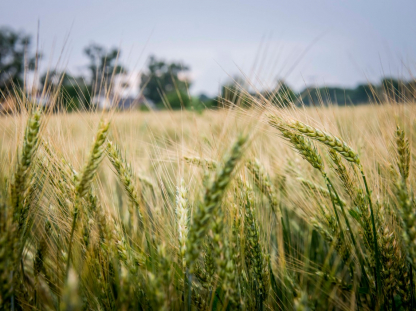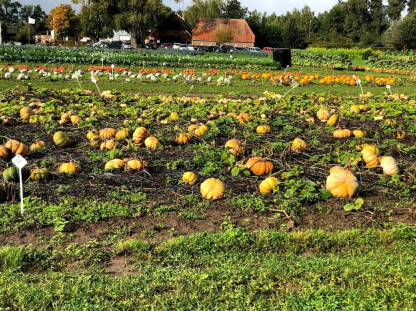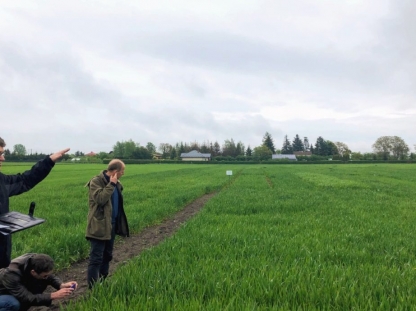Current status
With the expansion of remote spectral sensing techniques and platforms, new forms of remote sensing have emerged in the field of agriculture, which take into account the special characteristics of production, especially at large spatial, spectral and temporal cycles within the production cycle. One of the biggest challenges currently facing researchers in remote sensing is to increase the temporal resolution, which can be achieved with the development of automatic and/or remotely controlled platforms. This all fits well with the special requirements of selective plant breeding and variety evaluations, and has the potential to revolutionize the methodology of small-plot and farm-level testing.
Activities
- In order to develop a precision toolkit for variety testing, we conduct small-plot and field sensor measurements, to examine the agricultural performance of different wheat varieties in on-farm conditions.
- We also perform traditional field and lab recordings (soil tests, SPAD, sampling, etc.) in order to confirm and calibrate the results obtained by sensory instruments.
- We perform experiments on nutrient supply and artificial infection in culture dishes (in order, for instance, to make early predictions of wheat leaf rust). Under controlled conditions, the plants are subjected to laboratory spectral examination at various times, alongside conventional pathological bonitation, in order to determine the wavelengths suitable for the earliest possible detection of disease – the so-called spectral fingerprint of harmful phenomena.
Expected results
- The development of innovative recording technologies and their tool systems, for the implementation of wheat cultivar tests (e.g. using new sensors and drones).
- The determination of the spectral fingerprint of major plant pathological phenomena.
- The implementation of software solutions which enable real-time evaluation of image data.
- Scientific and technical publications on the practical application of these testing and evaluation methods.











